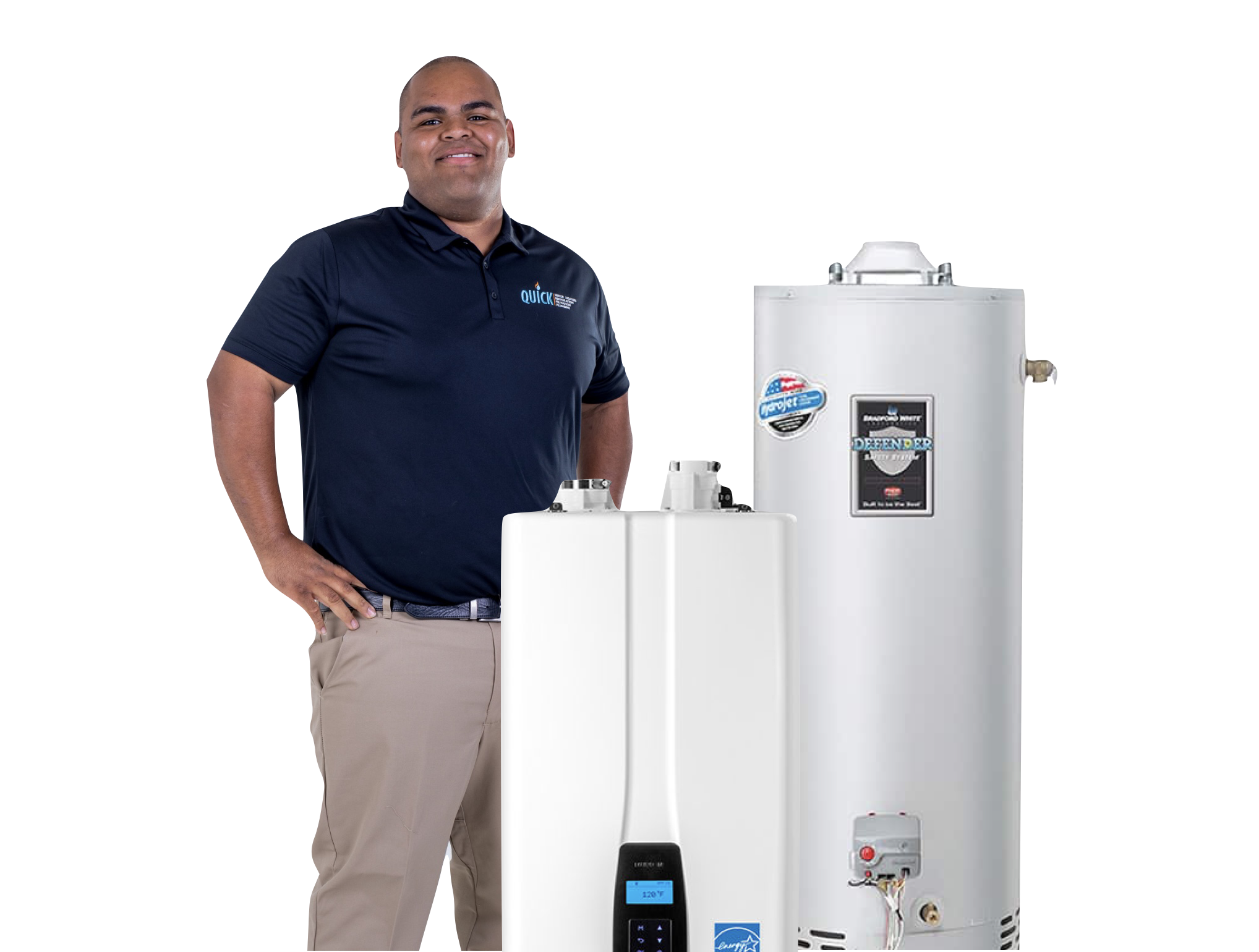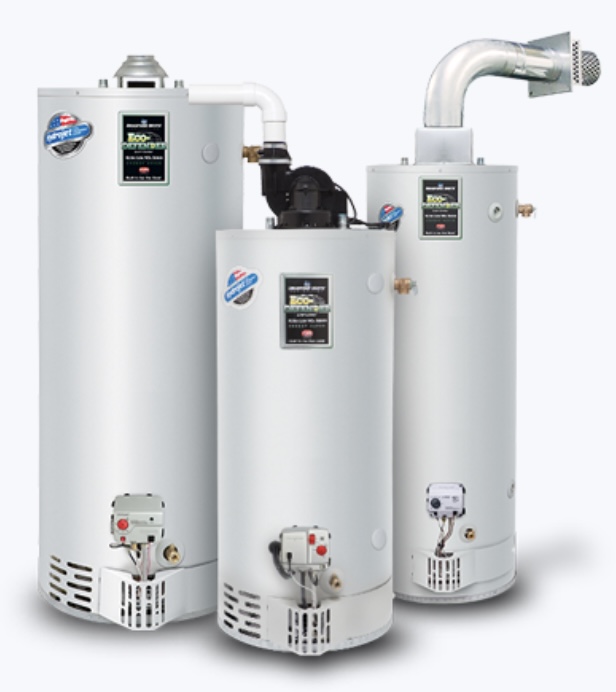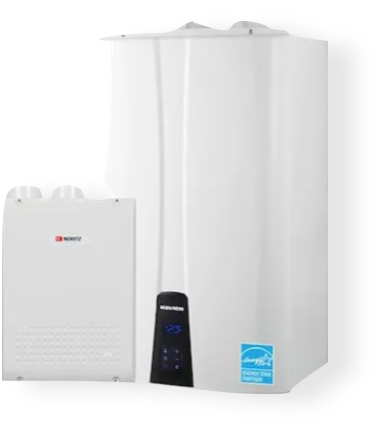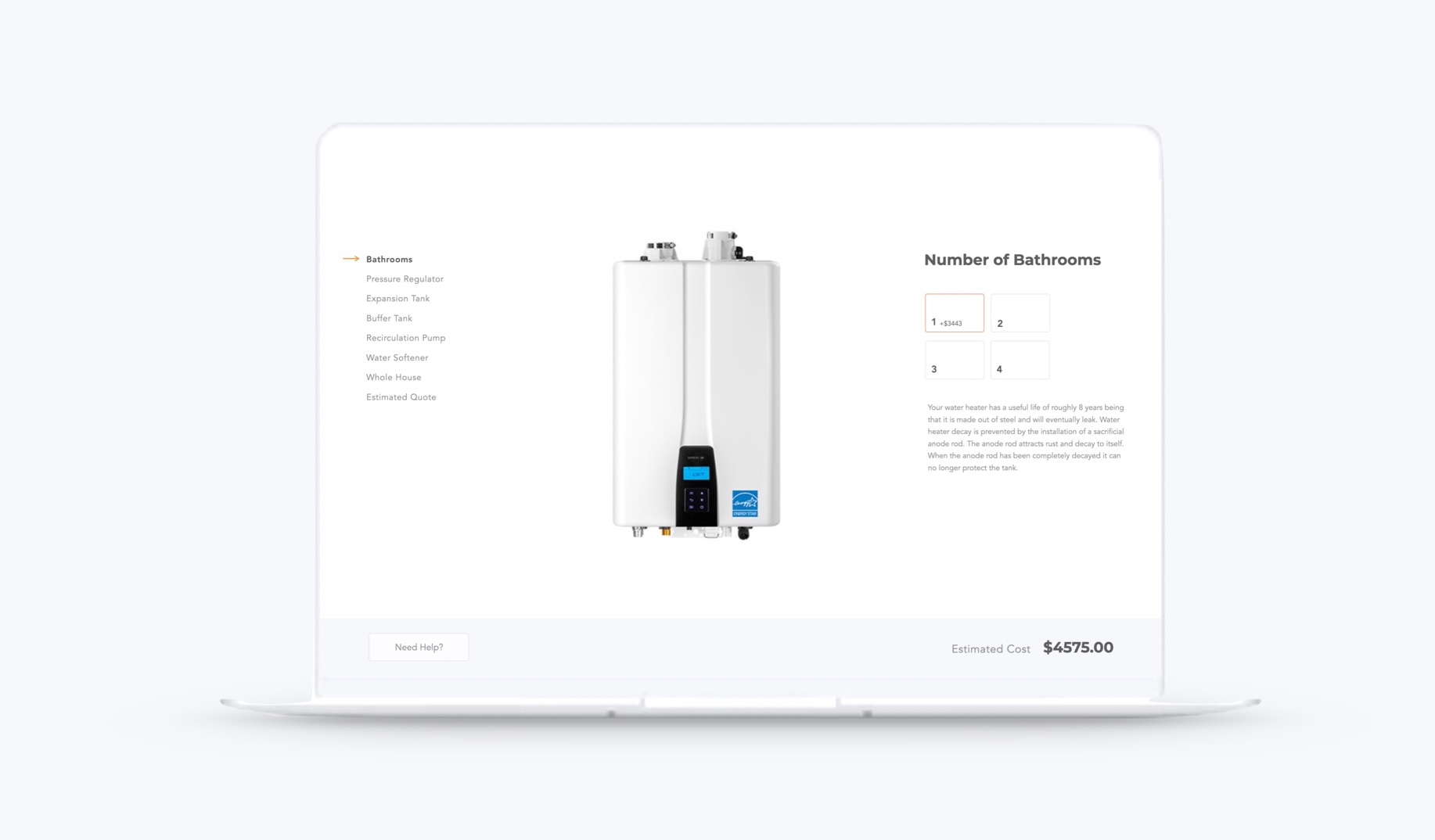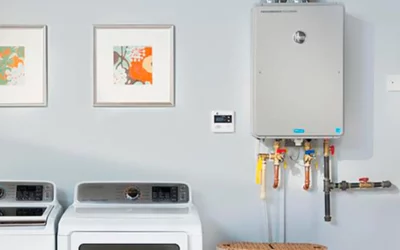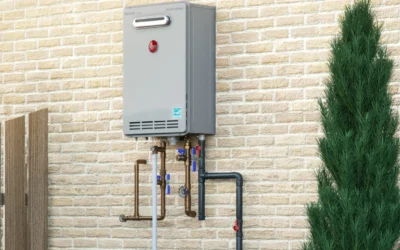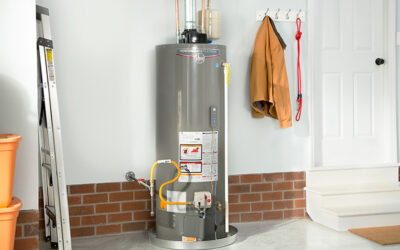Welcome to our Tankless Water Heater Repair Blog! Here, you will find a wealth of information and resources on all things related to tankless water heater repair. Whether you’re looking to learn about the basics of tankless water heaters, need tips for troubleshooting common issues, or want to know the benefits of regular maintenance, our blog has got you covered. We also address frequently asked questions about water heater repair, such as whether you can handle repairs on your own, the cost of repairs, and when it’s time to consider a replacement. Stay tuned for valuable insights and expert advice to help you keep your tankless water heater in optimal condition.
Introduction to Tankless Water Heater Repair
This paragraph provides an introduction to tankless water heater repair, explaining the importance and benefits of maintaining and repairing these appliances.
What is a tankless water heater?
A tankless water heater is a type of water heater that heats water on demand, rather than storing it in a tank.
How does a tankless water heater work?
A tankless water heater works by heating water on demand as it flows through the unit, eliminating the need for a storage tank and providing a continuous supply of hot water.
Common issues with tankless water heaters
Common issues with tankless water heaters can vary, but there are a few recurring problems that homeowners may encounter. One common issue is insufficient or inconsistent hot water. This can be caused by a variety of factors such as mineral buildup in the heating elements or a malfunctioning thermostat. Another common problem is a system error or error code display on the unit. This can indicate issues with the ignition, gas supply, or ventilation. Leaks and water pressure problems are also common concerns with tankless water heaters. These issues may require professional repair or troubleshooting to resolve effectively.
Tips for Tankless Water Heater Repair
In this section, we will provide helpful tips and advice for repairing tankless water heaters, including identifying signs that your heater needs repair, troubleshooting common issues, and knowing when to seek professional assistance.
Signs that your tankless water heater needs repair
When it comes to determining whether your tankless water heater needs repair, there are several signs to look out for. These signs can indicate underlying issues that may require professional attention. One common sign is a decrease in water temperature or inconsistent hot water supply. If you notice that your tankless water heater is no longer providing hot water as it should, it could be a sign of a malfunctioning component or a buildup of mineral deposits. Another sign to watch for is a decrease in water pressure. If you experience a sudden drop in water pressure when using hot water, it may indicate a problem with the heater or a clogged water line. Additionally, strange noises such as rattling or hissing sounds coming from the unit can also be an indication of a problem. These signs should not be ignored, as addressing them promptly can help prevent further damage and potentially costly repairs.
DIY troubleshooting for tankless water heater issues
If you’re experiencing issues with your tankless water heater, there are some troubleshooting steps you can try on your own before calling a professional. First, check for any error codes or warning lights on the unit. These indicators can provide valuable information about the specific problem. Next, ensure that the power supply to the heater is intact and there are no tripped circuit breakers or blown fuses. Additionally, check the gas supply if your heater is powered by natural gas or propane. Make sure the gas valve is open and there are no leaks. If there are no obvious issues with the power or gas supply, you can try cleaning the water filter or descaling the unit to remove any mineral buildup. Refer to the manufacturer’s instructions for the specific steps to follow. If these troubleshooting steps don’t resolve the issue, it’s best to call a professional for tankless water heater repair.
When to call a professional for tankless water heater repair
Knowing when to call a professional for tankless water heater repair is essential to ensure the safety and functionality of your system. While some minor issues can be resolved through DIY troubleshooting, there are certain situations that require the expertise of a trained technician. If you notice a significant decrease in hot water supply, persistent error codes, leaks, or unusual noises coming from your tankless water heater, it is recommended to seek professional help. Additionally, if you are unfamiliar with the intricacies of tankless water heater repair or lack the necessary tools and equipment, it is best to leave the job to the experts. At Quick Water Heater, we have a team of experienced professionals who can diagnose and repair any issues with your tankless water heater promptly and efficiently.
Tankless Water Heater Maintenance
Tankless water heater maintenance is crucial for ensuring the longevity and optimal performance of your unit, and this section will provide valuable information on why regular maintenance is important, steps to maintain your tankless water heater, and the benefits of professional maintenance services.
Why regular maintenance is important for tankless water heaters
Regular maintenance is crucial for ensuring the optimal performance and longevity of tankless water heaters. By conducting regular maintenance, you can prevent potential issues and extend the lifespan of your unit. One of the main reasons why regular maintenance is important is to prevent mineral buildup. Over time, minerals in the water supply can accumulate inside the tankless water heater, leading to reduced efficiency and potential malfunctions. Regular maintenance, such as descaling the unit, helps remove these mineral deposits and keeps the heater running smoothly. Additionally, regular maintenance allows for the inspection of various components, such as the heat exchanger and burner, ensuring they are in good condition and functioning properly. This proactive approach to maintenance can save you from costly repairs or premature replacement of your tankless water heater.
Steps to maintain your tankless water heater
Maintaining your tankless water heater is essential for its longevity and efficient performance. Here are the steps to effectively maintain your tankless water heater:
- Step 1: Turn off the power supply to the unit. This can usually be done by flipping the corresponding breaker in your electrical panel.
- Step 2: Shut off the water supply to the heater. Locate the valves on the inlet and outlet pipes and turn them clockwise to close.
- Step 3: Flush out any sediment or mineral buildup in the system. Connect a hose to the cold water inlet and place the other end in a bucket or drain. Open the purge port valves and let the water flow for about 15 minutes, or until it runs clear.
- Step 4: Inspect the venting system for any obstructions or damage. Clear away any debris and ensure that the vent pipes are securely connected.
- Step 5: Check the heat exchanger for any signs of corrosion or scale buildup. If necessary, use a soft brush to gently clean the surface.
- Step 6: Reassemble the system by closing the purge port valves, removing the hose, and turning the water supply valves counterclockwise to reopen.
- Step 7: Restore power to the unit by flipping the breaker back on.
- Step 8: Finally, test the functionality of your tankless water heater by running hot water through faucets or showerheads to ensure it is working properly.
Regularly following these maintenance steps will help your tankless water heater operate efficiently and prevent any potential issues that may arise.
Benefits of professional tankless water heater maintenance
Professional tankless water heater maintenance offers several benefits that can help extend the lifespan of your unit and ensure optimal performance. One of the main advantages is that regular maintenance can help identify any potential issues before they become major problems, saving you from costly repairs down the line. Additionally, professional maintenance can improve the efficiency of your tankless water heater, helping you save on energy bills. By cleaning and inspecting the unit, professionals can also remove any mineral build-up or sediment that can affect its performance. Overall, investing in professional tankless water heater maintenance can help you avoid unexpected breakdowns, increase the longevity of your unit, and ensure hot water is always available when you need it.
FAQs about Water Heater Repair
This section will provide answers to frequently asked questions about water heater repair, including topics such as repairing tankless water heaters on your own, the cost of repairs, common problems that can cause a tankless water heater to stop working, the typical duration of repairs, and whether it is better to repair or replace a faulty tankless water heater.
Can I repair a tankless water heater on my own?
Repairing a tankless water heater on your own is possible, but it is recommended to have professional assistance to ensure proper and safe repairs.
How much does it cost to repair a tankless water heater?
The cost of repairing a tankless water heater can vary depending on the specific issue and the professional you hire, but it is important to budget for potential expenses and consider the long-term benefits of a properly functioning unit.
What are the common problems that cause a tankless water heater to stop working?
Common problems that cause a tankless water heater to stop working can include issues with the gas supply, electrical connections, water flow, or internal components such as the heating element or sensors.
How long does a tankless water heater repair usually take?
The duration of a tankless water heater repair can vary depending on the extent of the issue, but it typically takes a few hours to a full day to complete.
Is it better to repair or replace a faulty tankless water heater?
When faced with a faulty tankless water heater, it is important to consider whether it is better to repair or replace the unit.


